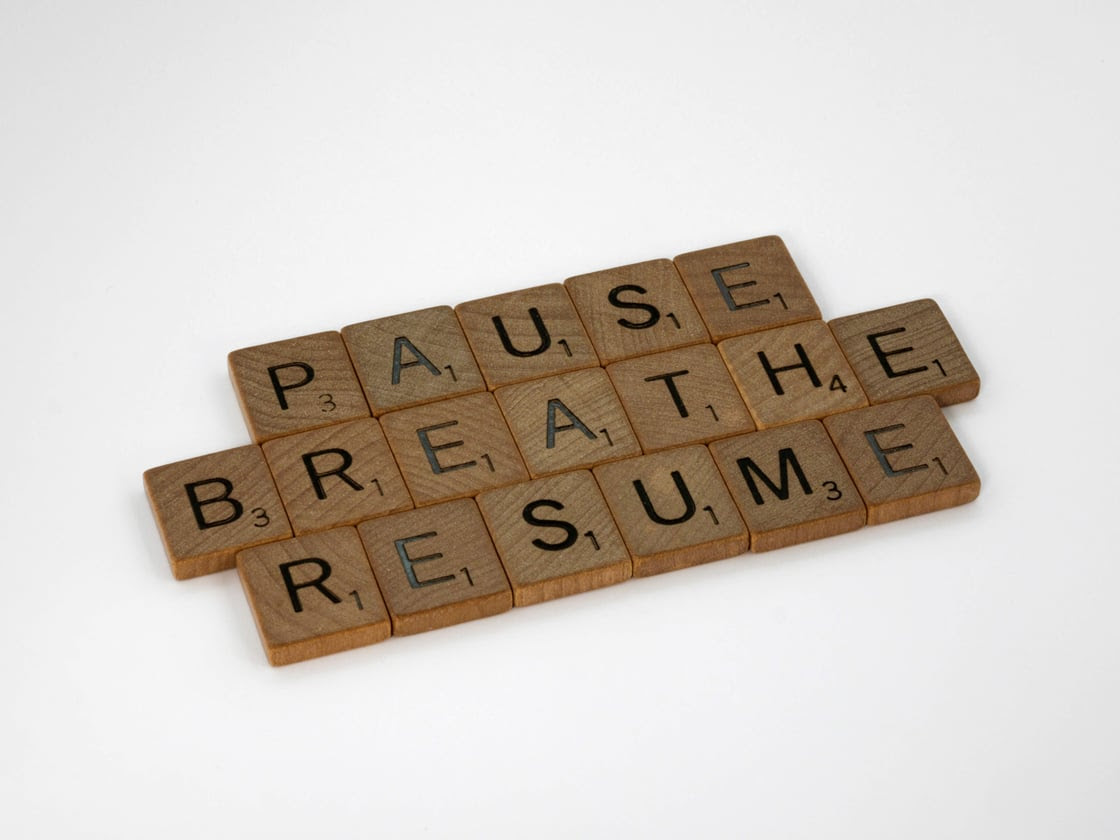• Avoiding tough conversations.
Let’s stop letting the brain react by dodging difficult conversations. Instead, let’s address them with clarity and care.
“The quality of our lives depends not on whether or not we have conflicts, but on how we respond to them.”
The difference between reacting and leading:
Expectations
![]() Vague: “Let’s make some progress by the end of the week.”
Vague: “Let’s make some progress by the end of the week.”
![]() Clear: “We need these three outcomes by Friday.”
Clear: “We need these three outcomes by Friday.”
Feedback
![]() Vague: “You’re doing great!”
Vague: “You’re doing great!”
![]() Clear: “Your presentation was engaging because it was concise. Next time, include specific examples to give even more clarity.”
Clear: “Your presentation was engaging because it was concise. Next time, include specific examples to give even more clarity.”
Decision-Making
![]() Vague: “Let’s revisit this next time.”
Vague: “Let’s revisit this next time.”
![]() Clear: “The data shows our approach isn’t working. Share all your ideas for a new direction in the next two days. Sharon will decide our new strategy and share in next week’s meeting.”
Clear: “The data shows our approach isn’t working. Share all your ideas for a new direction in the next two days. Sharon will decide our new strategy and share in next week’s meeting.”
Problem-Solving
![]() Vague: “This needs to be fixed.”
Vague: “This needs to be fixed.”
![]() Clear: “This issue is costing us $10K monthly. What ideas do you have?”
Clear: “This issue is costing us $10K monthly. What ideas do you have?”
Because conflict isn’t the problem.
Avoidance is.
Most teams don’t need more harmony.
They need more honesty.
Clear is kind.
“The quality of our lives depends not on whether or not we have conflicts, but on how we respond to them.”
Thomas Crum
President of Aiki Works, Inc




